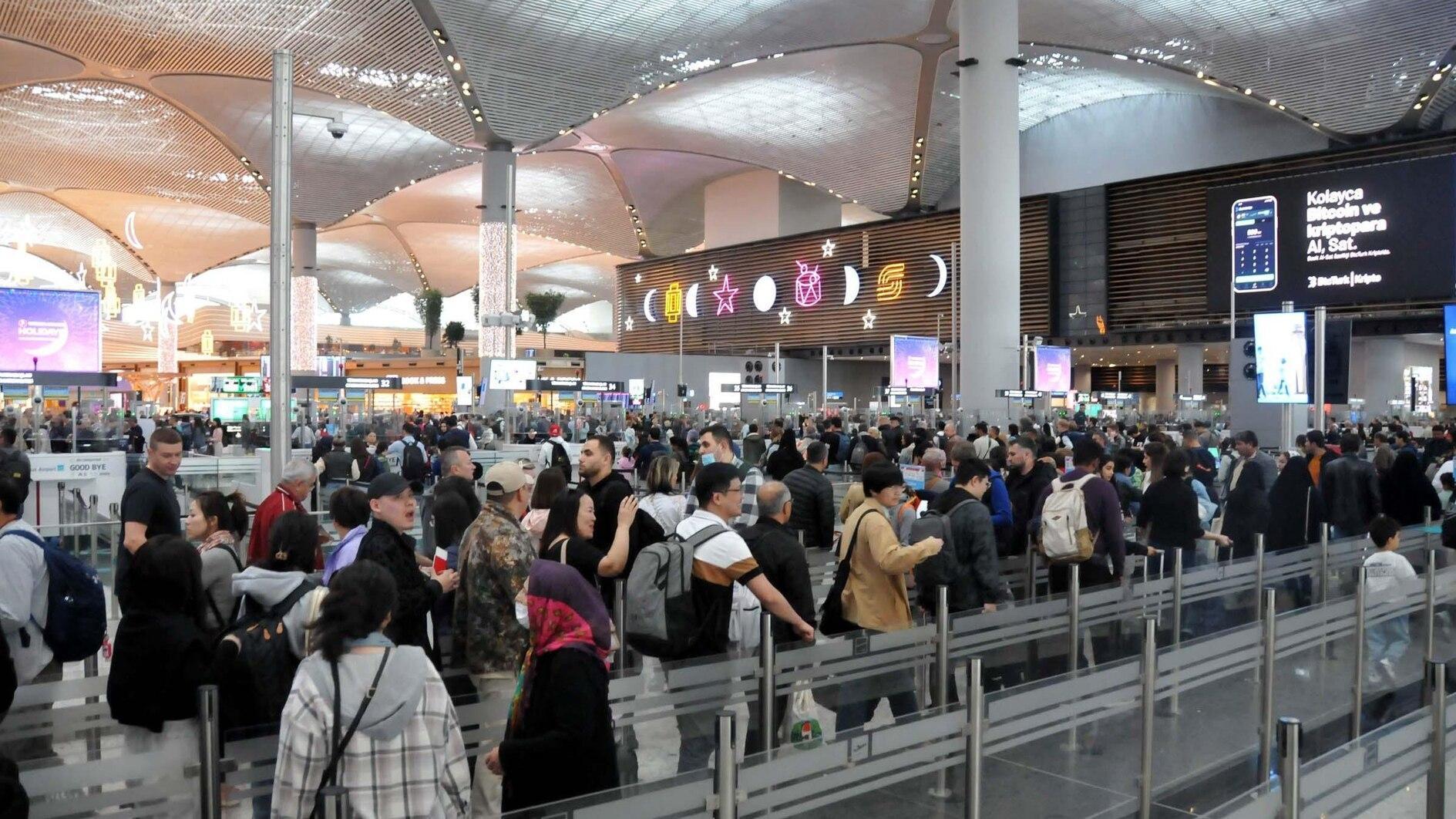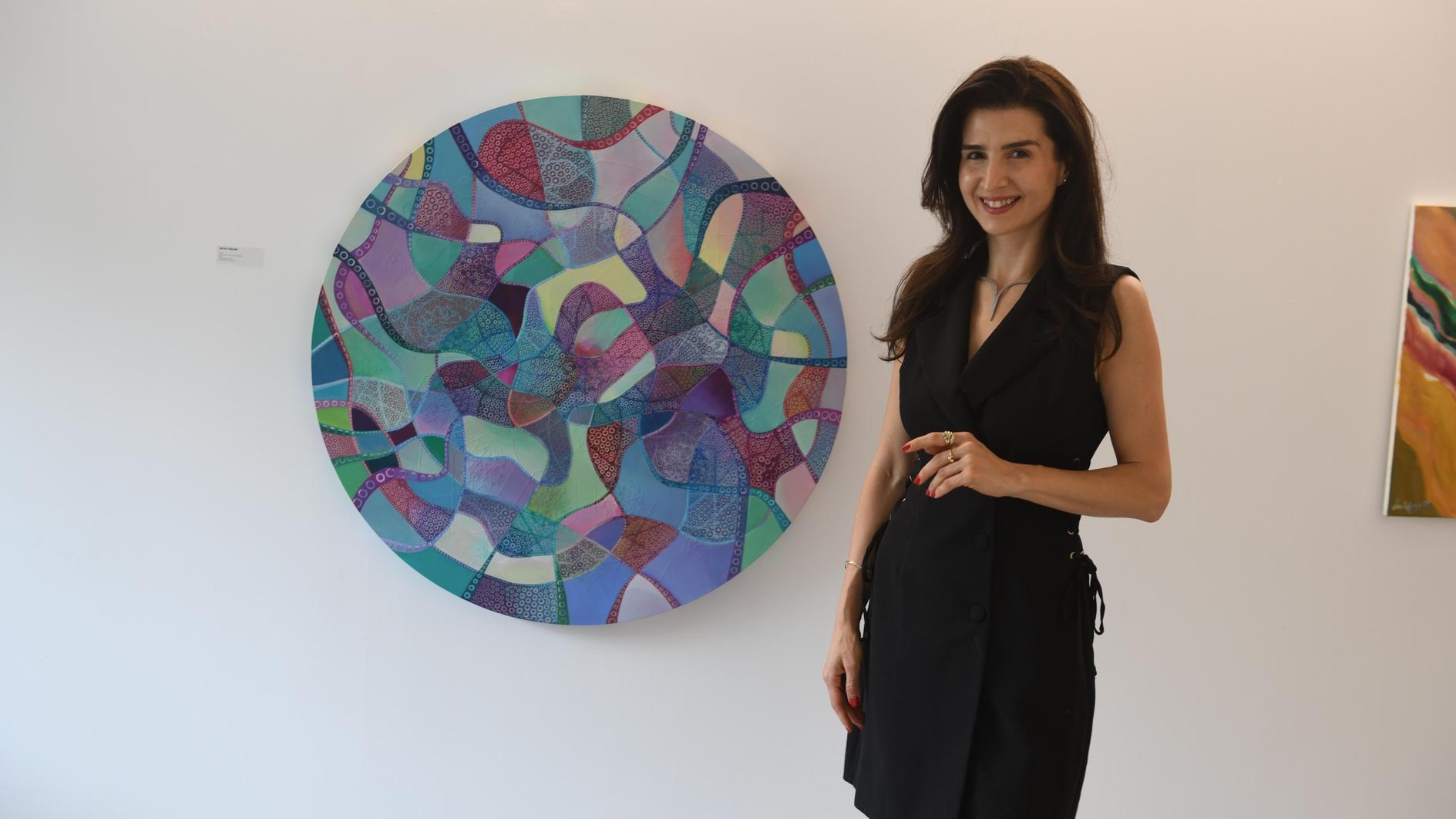‘Stay Muslim, don’t vote’
The eccentric idea in the headline above is actually a hashtag I recently noted on Twitter: #staymuslimdontvote. Then I realized that this is a broader campaign calling British Muslims not to vote in the U.K. elections. For if Muslims engage in the heretical act of voting, the campaigners claim, they would well be betraying their faith and even cease to be Muslims.
It seems that the campaign is the brainchild of Anjem Choudary, a radical voice within the British community. Mr. Choudary and likeminded Muslims believe that democracy, as a political system, is against one of the very key precepts of Islam: the sovereignty of God over men. Democracy rather is based on the sovereignty of the people, they remind, seeing this system as a form of modern-day idolatry.
This idea is a not limited to the U.K., and can be found all across the Muslim world, among people that we often call “radical Islamists.” (There are “moderate Islamists,” on the other hand, who accept and even demand democracy – but not necessarily liberal democracy.) The radicals insist that Islam has its own political system, led by a caliph, and that democracy is an invention of the “infidel” West that all good Muslims should oppose.
As a Muslim myself, I don’t buy this idea for simple reasons. First, the idea of the “sovereignty of God” does not mean anything in politics, unless we can identify somebody who represents that sovereignty. For me, that somebody could only be the Prophet Muhammad himself, to whom it was incumbent for all Muslims to obey. But after the Prophet, there is no such “theocratic” authority in Islam. Even if we insist that we want a caliph, who this lucky Mr. Caliph will be is an unanswered question, left to human decisions. (For centuries, caliphs emerged from hereditary dynasties, which were the products of the medieval Middle East, not Islam.)
The truth is that the “sovereignty of God” is a theological principle, telling us that the universe is created and sustained by God’s might and wisdom. But it does not tell us how politics will be shaped in the U.K., Turkey, the Middle East or wherever. That is left to human decision.
But what about the “man-made laws?” Anti-democratic Muslims abhor them, arguing that only God is the rightful legislator. In return, I have a simple question: What do they think about traffic laws? Are we Muslims becoming idolaters when we obey traffic laws, for example by moving ahead when the light turns green and stopping at red? The shariah obviously does not include such “man-made laws,” which appeared only in the 20th century and at the hands of those much-reviled Western infidels. Should we renounce these laws, and hope that “divine sovereignty” will somehow make Muslim vehicles go around all nicely and smoothly?
My answer is that “divine sovereignty” has given us humans the faculty to think to manage our affairs, and we are not going against Islam when we make or accept laws and regulations that help us govern our societies.
Finally, what about the very act of voting? Anti-democratic Muslims often remind us, “the Prophet never voted,” and that we should be exactly like him. Well, the Prophet never used cars, cell phones or computers either, but even the most radical Islamists don’t have any problem with such modern “innovations.” Furthermore, as a special note to Mr. Choudary and his friends; the Prophet never used Twitter, either, and never retweeted hashtags that denounce a democracy that granted him citizenship.











